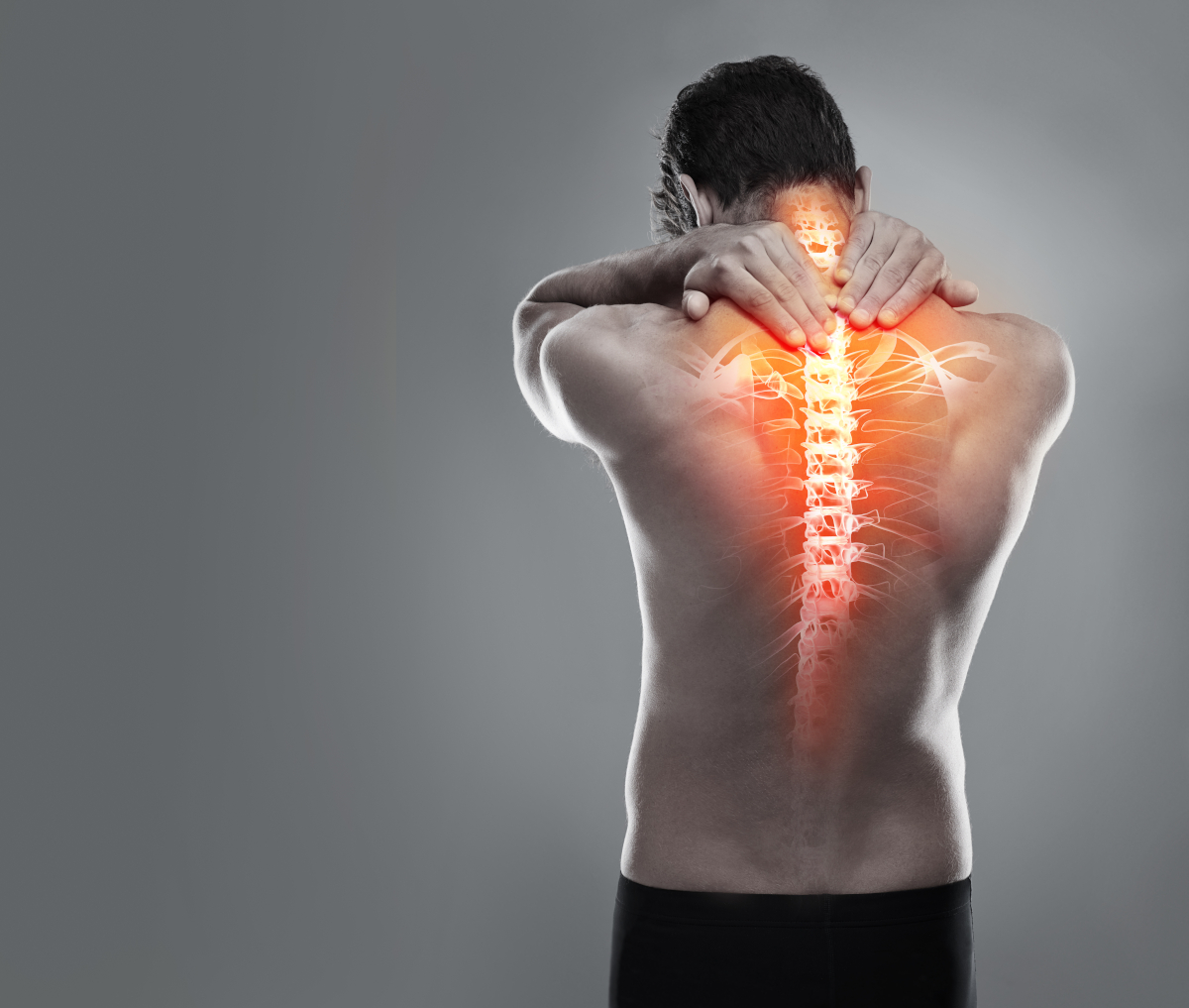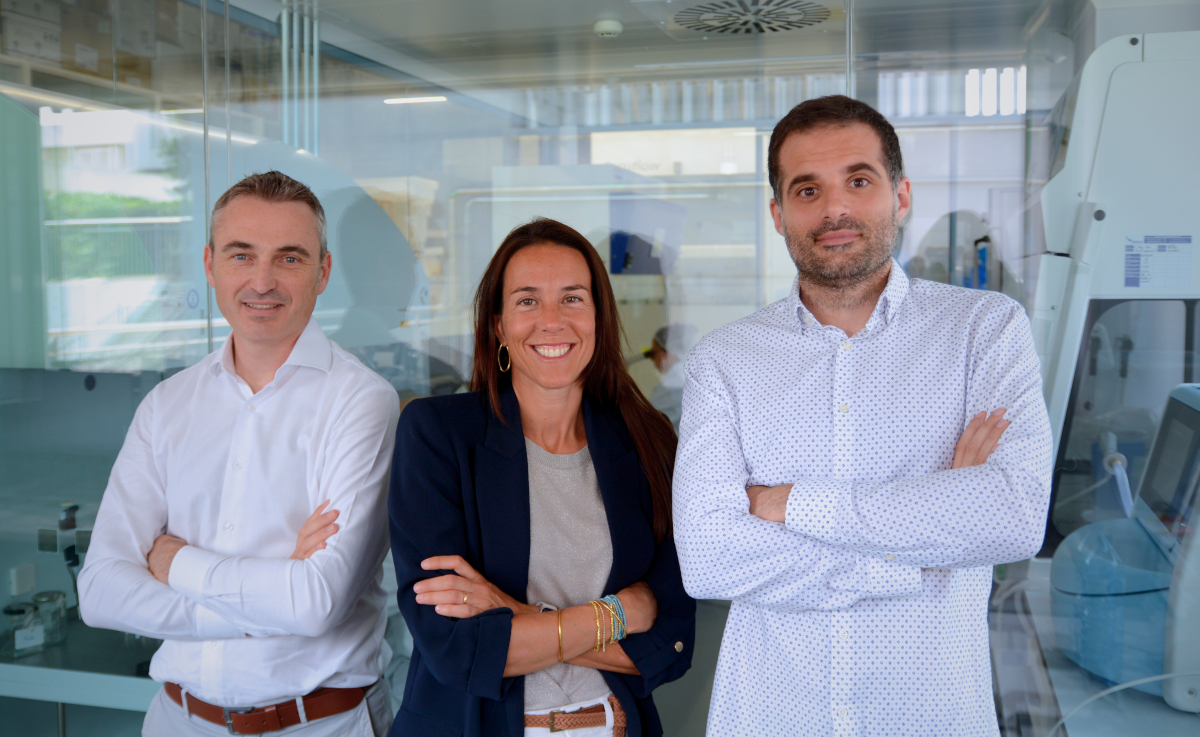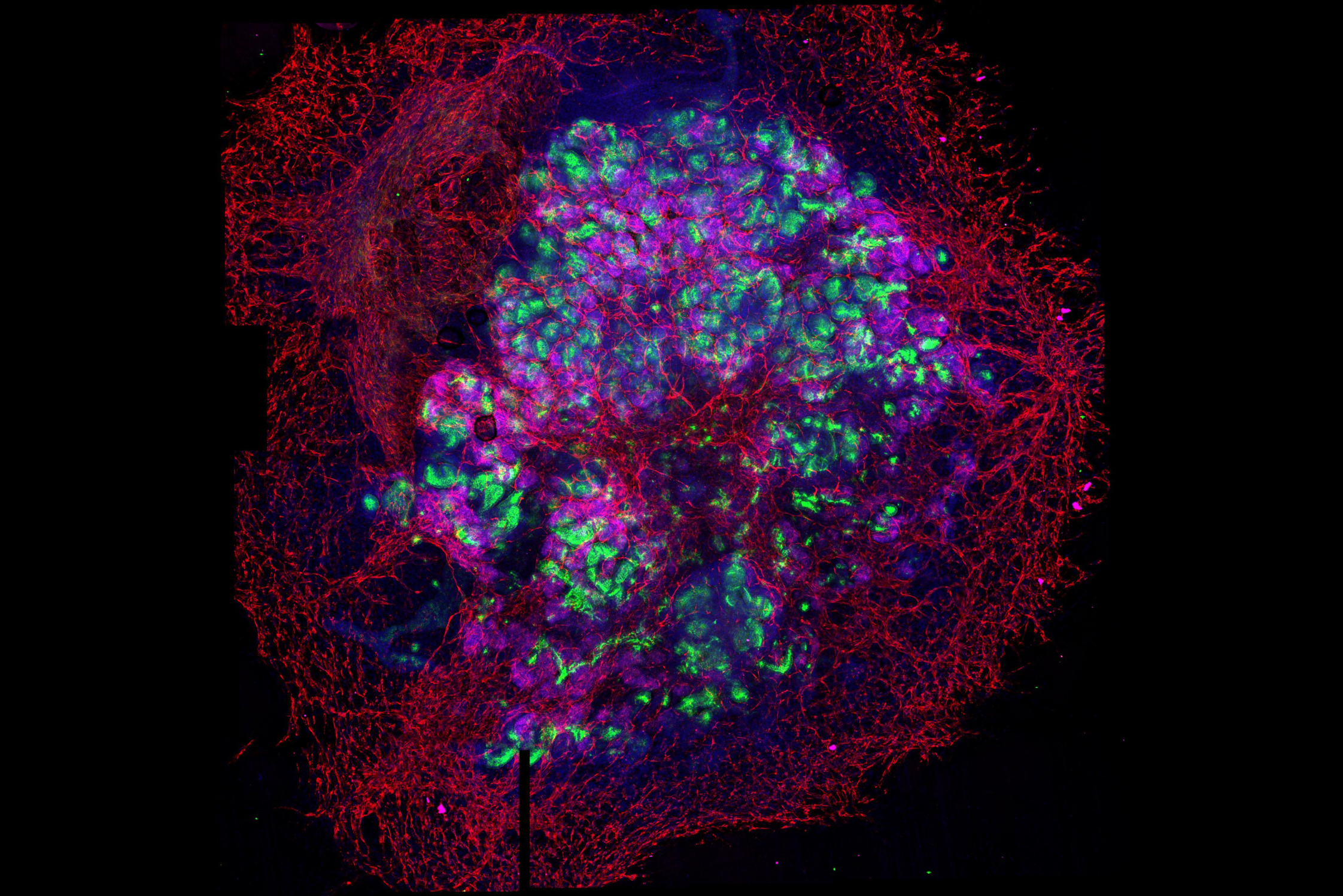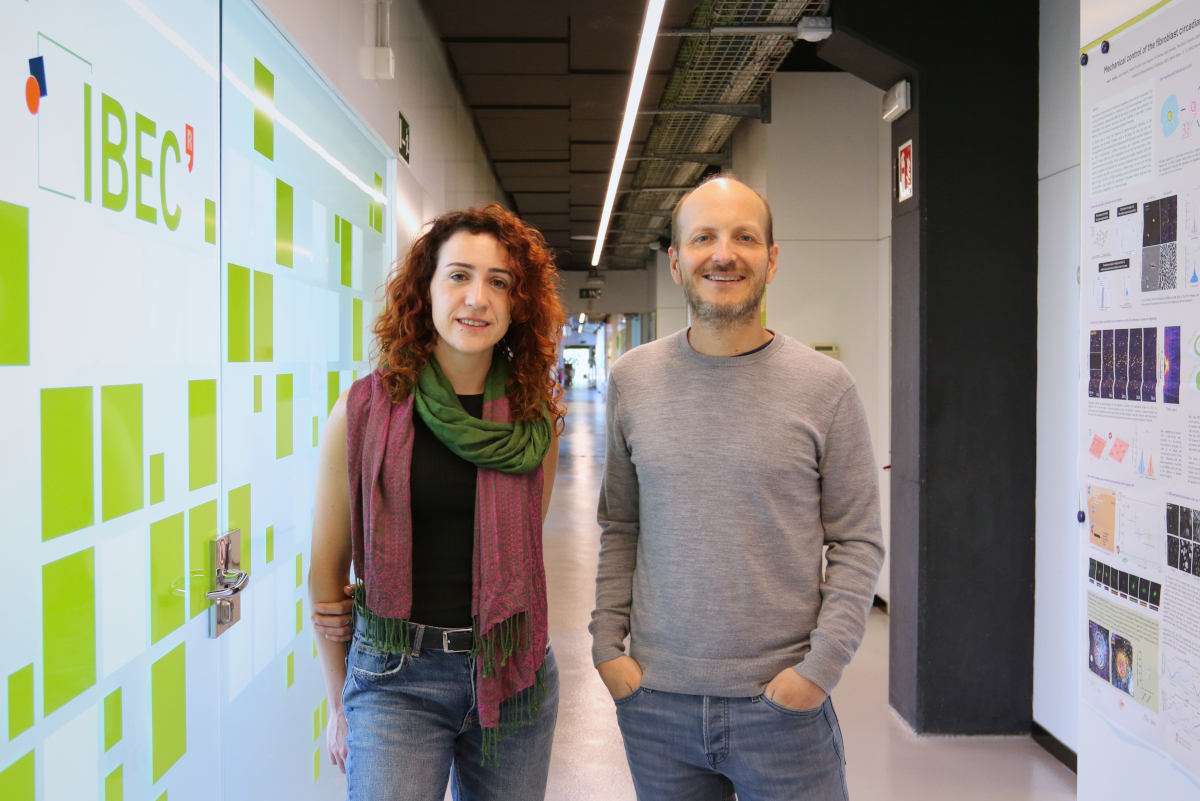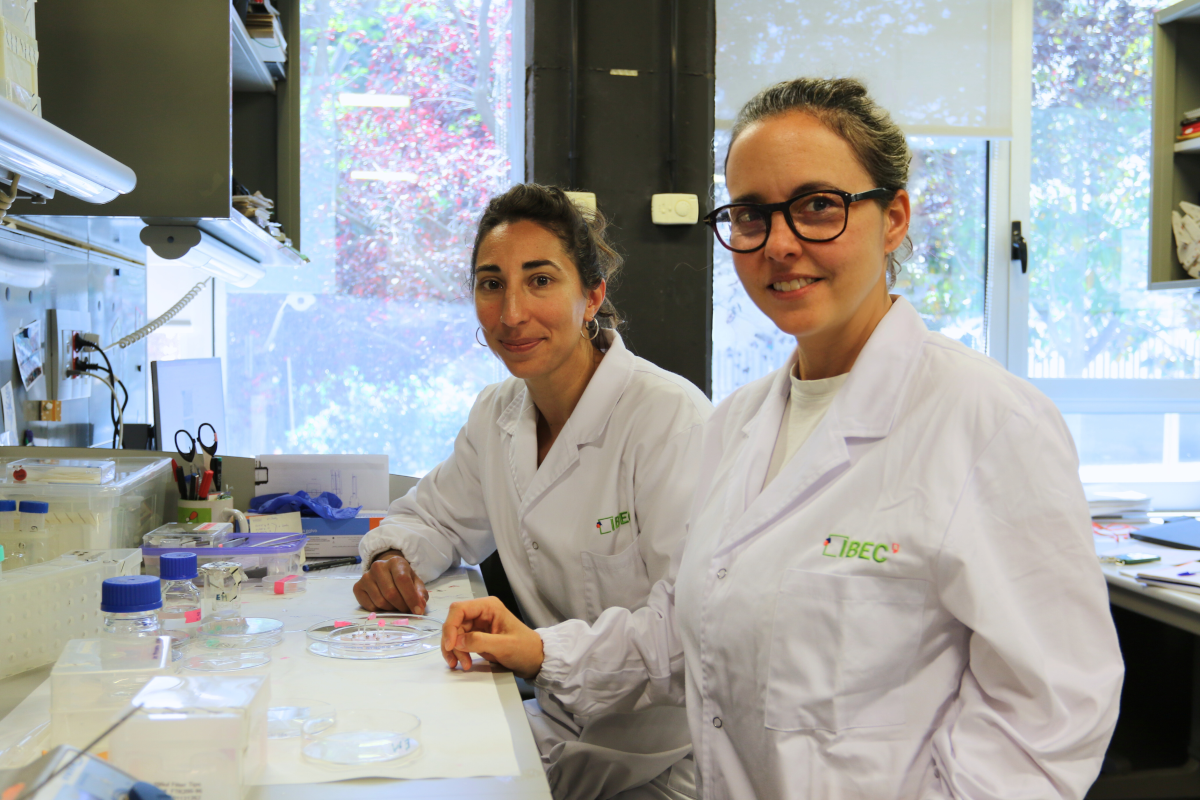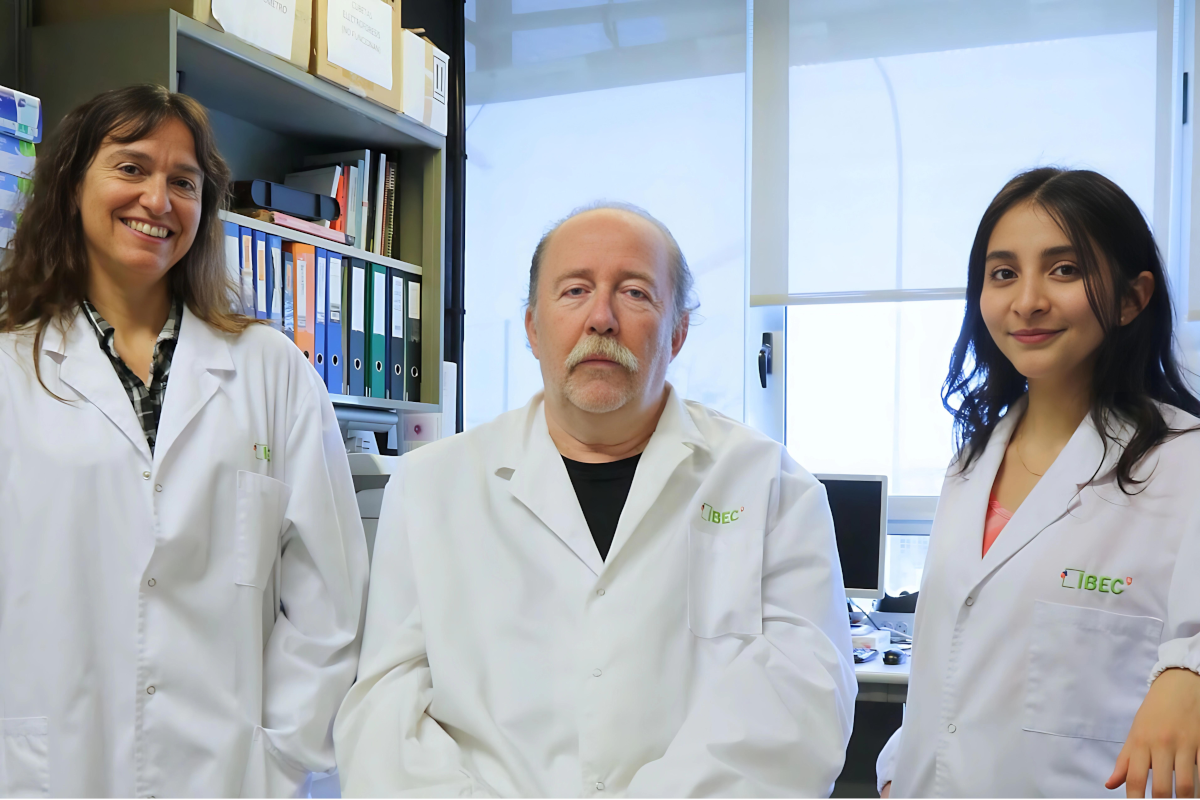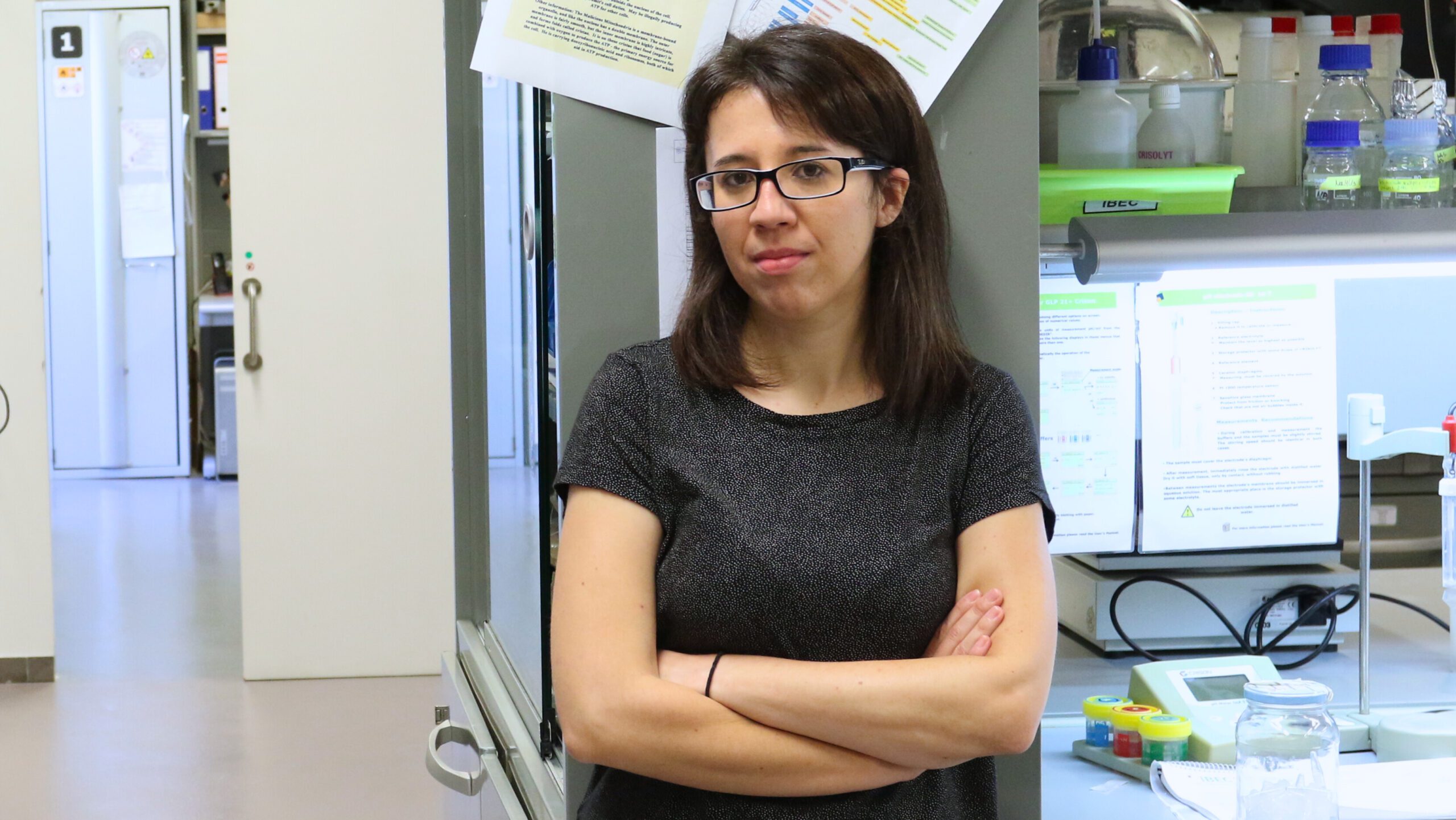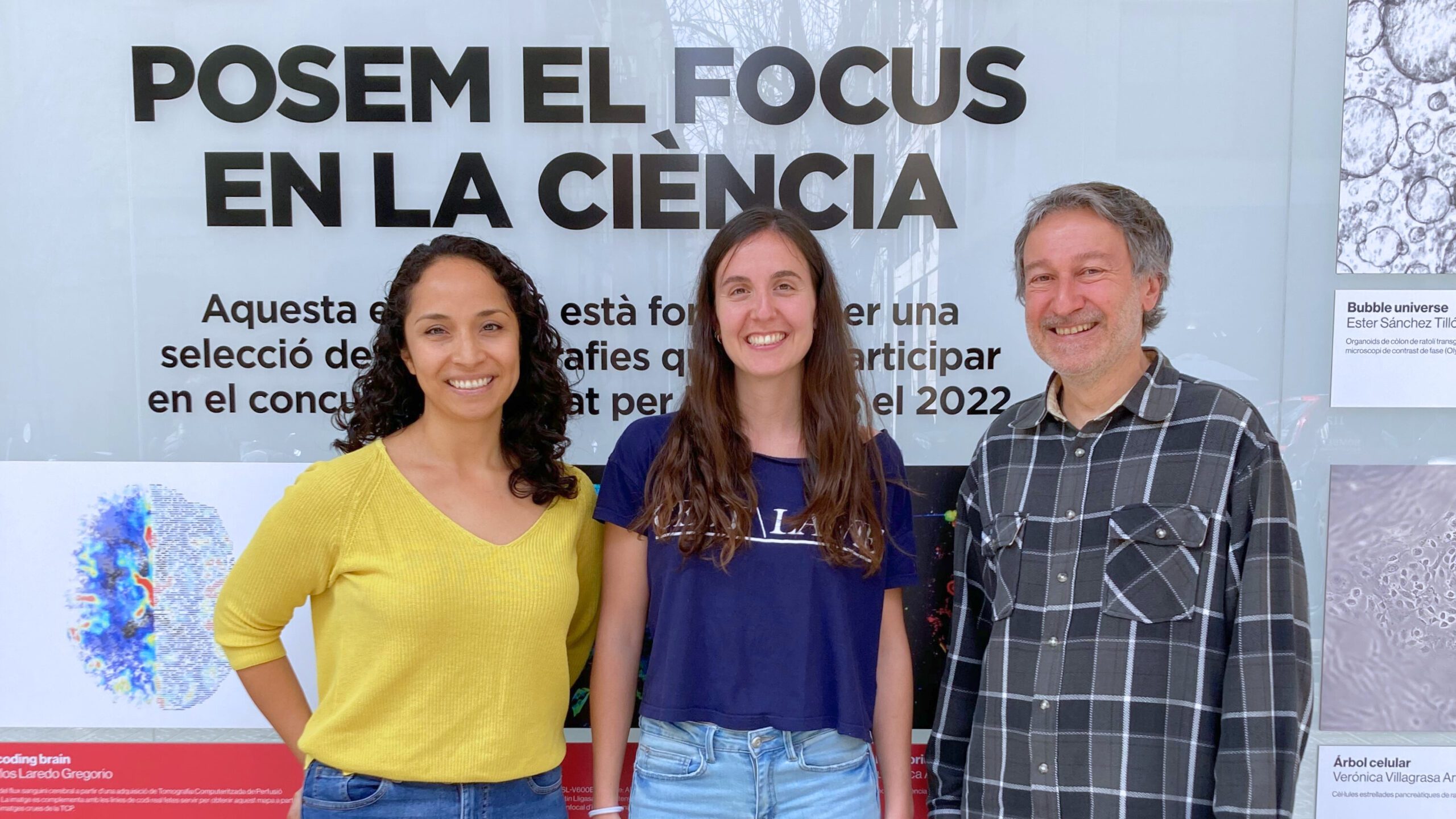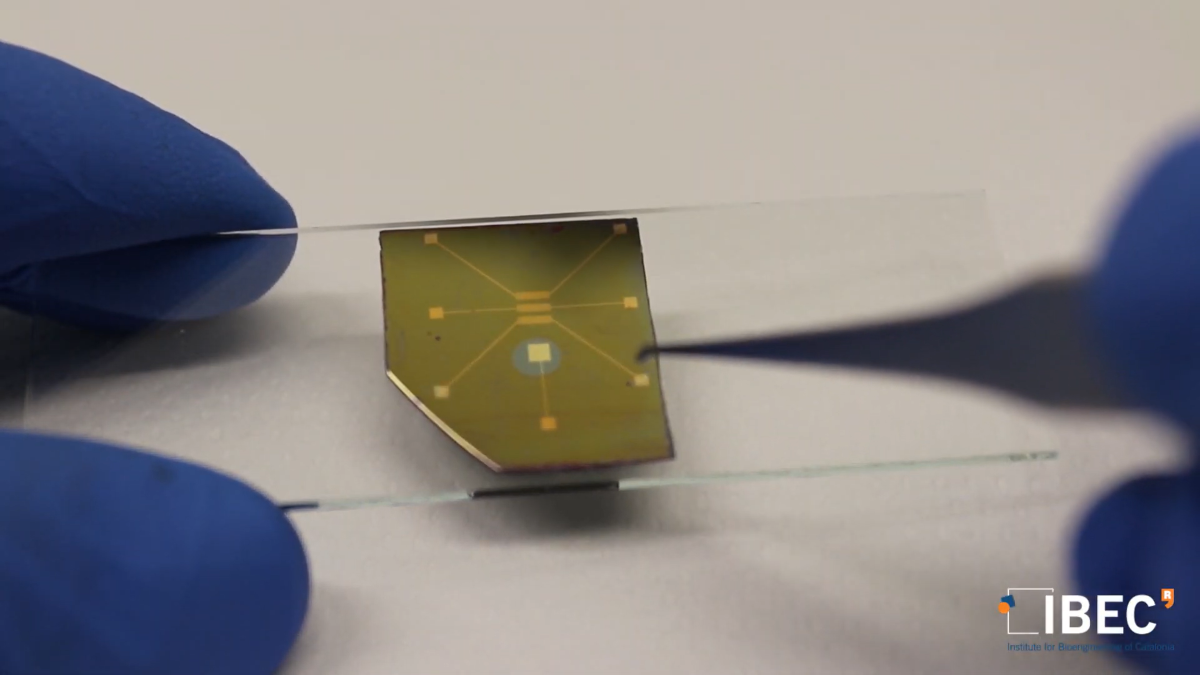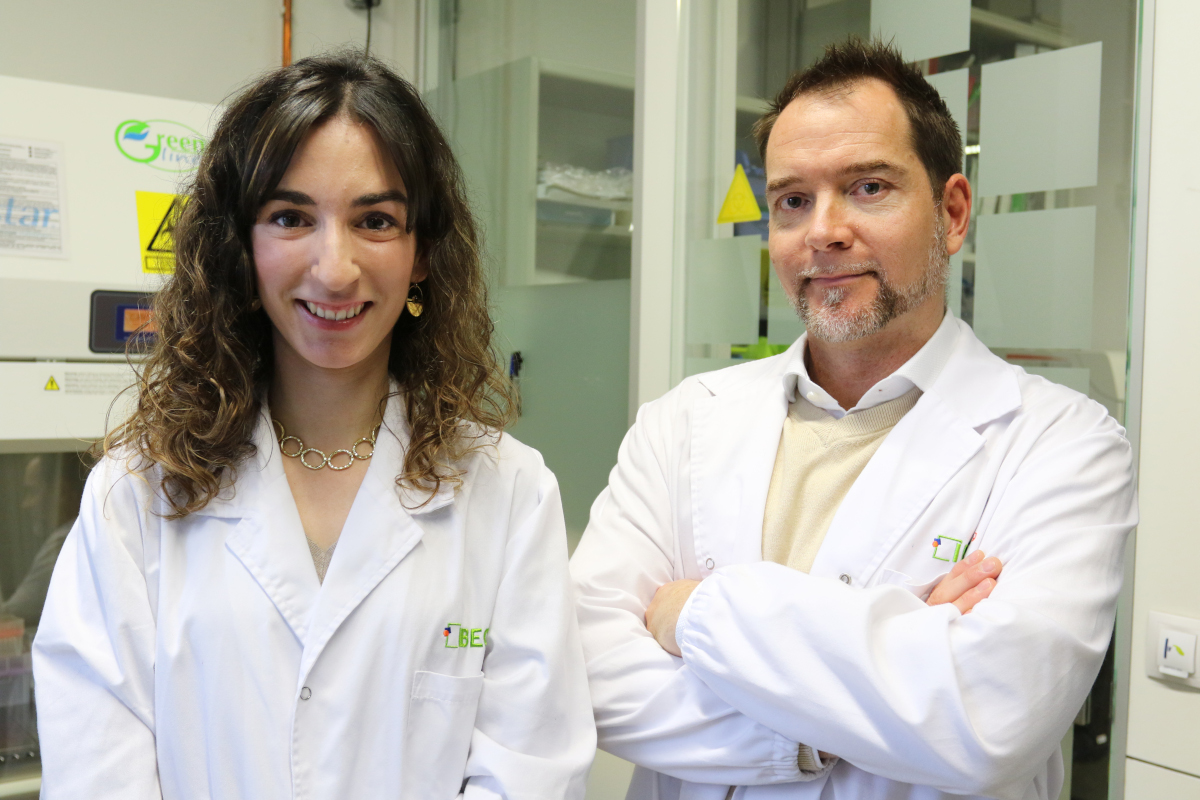Light-activated drugs against neuropathic pain
A team of researchers led by the Institute for Bioengineering of Catalonia (IBEC) has developed light-activated derivatives of the anti-epileptic drug carbamazepine to treat neuropathic pain. These compounds, which show analgesic effects when activated by light, can inhibit nerve signals locally and on demand. Photopharmacological treatments offer precise action at the site of application, thus reducing systemic side effects.

